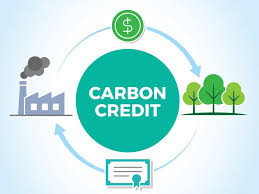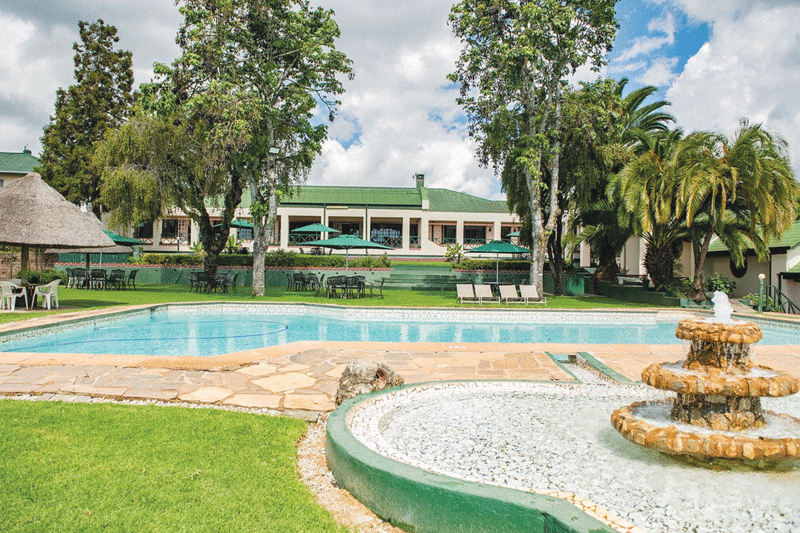
THE government failed to capitalise on multiple agreements with carbon credit project promoters, leading to the loss of 21 865 219 credits valued at approximately US$142,77 million, businessdigest can reveal.
According to data from the United States-based Voluntary Registry Offsets Database (VROD), as of March 31, 2024, around 30 774 099 carbon credits had been issued from 26 projects in Zimbabwe.
However, only 8 908 880 credits remained active during the period, as retired or cancelled credits can no longer be sold to another buyer. With the average price of voluntary carbon market (VCM) credits at US$6,53 last year, according to German online statistics platform Statista, the value of the retired credits stands at approximately US$142 779 880.
Last year, the government introduced Statutory Instrument (SI) 150 of 2023 — Carbon Credits Trading (General) Regulations — to provide guidelines on generating and trading these instruments locally.
This move came after realising the global VCM was valued at US$2 billion in 2022, with significant growth since then. Director of Climate Change Management in the Ministry of Environment, Water and Climate, Washington Zhakata, confirmed that the government had failed to capitalise on the now retired carbon credits.
“Carbon trading has been ongoing in the country for quite a long time with various companies, individuals, institutions, benefiting from proceeds from carbon trading that was not governed by the government and with revenue not accounted for fully for communities,” he said.
“And, since no one knew exactly what was happening, even with royalties which are supposed to also come into Treasury, and levies, taxes, which are supposed to be paid, it has not been very clear because the funding would be in transactions that would be done abroad with no one knowing exactly what is happening in this sphere.”
The VROD data indicates that the 30 774 099 carbon credits issued to date were generated from various projects, including the TASC Clean Cooking PoA project, which produced 157 345 credits, led by The African Stove Company Ltd. Additionally, six Manicaland Safe Water carbon credit projects, spearheaded by CO2balance UK Ltd, generated 153 853 credits. C-Quest Capital SGM ZM Stoves Private Limited's two projects, focused on installing high-efficiency wood-burning cook stoves, produced 1 446 537 credits.
- Zim eligible for carbon credits: ED
- New perspective: Carbon credits, voluntary carbon markets in Zim
- Zim earmarks incentives for carbon credits
- Understanding carbon credits (II)
Keep Reading
However, the largest contributor is the Kariba REDD+ project, managed by Carbon Green Investments (Guernsey), which generated 29 016 364 credits.
“From the 30 774 099 carbon credits issued, the total number of credits retired or cancelled from the start of projects are as follows: Kariba Redd+ project (21 783 950); installation of high efficiency wood stoves by C-Quest Capital SGS Stoves Pvt ltd (240); Manicaland Safe Water (81 029),” independent researcher Joyce Chuma said.
“Therefore, these can no longer be sold to another buyer. What remains is 8 908 880 carbon credits yet to be retired.”
The VROD database, developed by the Berkeley Carbon Trading Project — a US research and outreach programme — tracks the effectiveness of carbon trading and offset programmes, documenting all carbon offset projects, credit issuances, and credit retirements.











